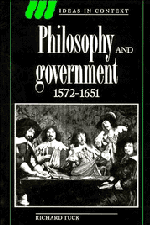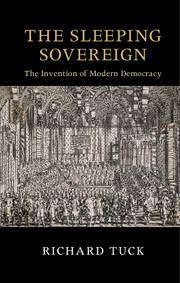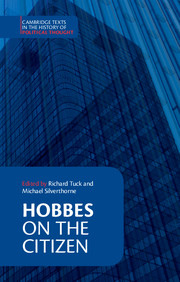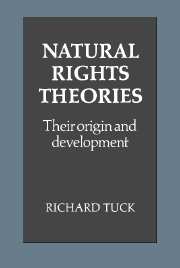Philosophy and Government 1572–1651
Philosophy and Government is a major new contribution to our understanding of European political theory which will challenge the perspectives in which political thought is understood. Framed as a general account of the period between 1572 and 1651 it charts the formation of a distinctively modern political vocabulary, based upon arguments of political necessity and raison d'etat in the work of the major theorists. Whilst Dr Tuck pays detailed attention to Montaigne, Grotius, Hobbes and the theorists of the English Revolution, he also reconsiders the origins of their conceptual vocabulary in humanist thought - particularly scepticism and stoicism - and its development and appropriation during the revolutions in Holland and France. This book will be welcomed by all historians of political thought and those interested in the development of the idea of the state.
- Major new interpretation of political thought in the early modern period
- Tuck is a leading exponent of political thought with controversial views
- Will change the way the subject is studied
Reviews & endorsements
"On the whole this is a stimulating, exciting treatment of the evolution of political thought. It should stimulate even more interesting work in the future by pointing our attention in productive directions." Steven Rowan, Renaissance Quarterly
Product details
May 2012Adobe eBook Reader
9781139240208
0 pages
0kg
This ISBN is for an eBook version which is distributed on our behalf by a third party.
Table of Contents
- Introduction
- 1. The Renaissance background
- 2. Scepticism, stoicism and raison d'etat
- 3. The spread of the new humanism
- 4. The alternatives
- 5. Hugo Grotius
- 6. The English Revolution
- 7. Thomas Hobbes
- Conclusion
- Bibliography
- Index.








